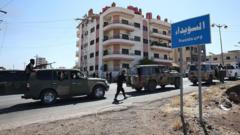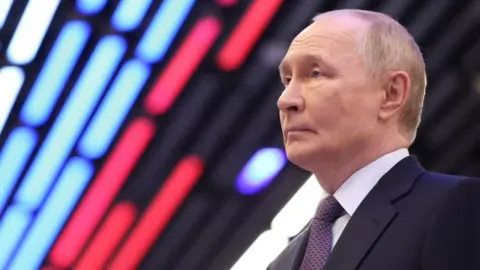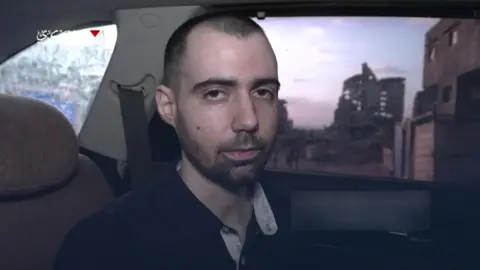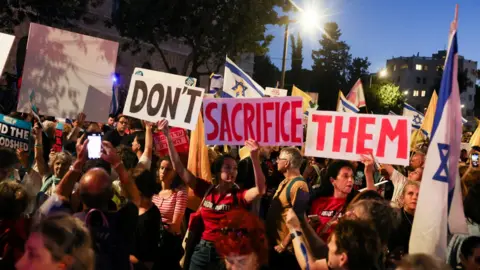The Syrian presidency has declared the deployment of new military forces aimed at quelling the dangerous sectarian clashes between Bedouin and Druze fighters in the southern city of Suweida. Announced by the office of interim President Ahmed al-Sharaa, the move comes in response to recent escalations in violence, with almost 600 fatalities reported since Sunday. Amidst the turmoil, the government forces have faced harsh accusations from local residents for alleged extrajudicial killings of Druze civilians.
In an indication of Israel's involvement, Israeli airstrikes have targeted locations in Syria, reportedly to force a withdrawal of government troops from Suweida, suggesting a complex interplay of regional tensions. Tom Barrack, the U.S. ambassador to Turkey, announced on social media that a ceasefire agreement had been brokered between Israeli Prime Minister Benjamin Netanyahu and President Sharaa, a suggestion that has been neither confirmed nor denied by the involved parties.
Earlier on, Israeli officials communicated that they would permit a limited entry of Syrian Internal Security Forces into Suweida for a brief period to help protect Druze citizens from ongoing violence. The Druze community, which predominately resides in Suweida, follows a distinct faith rooted in Shia Islam and has expressed deep-seated mistrust towards the current jihadist-angled leadership in Damascus.
Reports from the United Nations highlight credible allegations of human rights abuses, including arbitrary killings and executions in the region, pointing fingers at both government security forces and localized armed groups. UN human rights chief Volker Türk emphasized the urgent need for accountability regarding these violations, stating, "This bloodshed and the violence must stop."
In a televised address earlier in the week, President Sharaa committed to holding those responsible for the violence accountable, asserting the state's responsibility to protect the Druze community amid accusations of disengagement from peace negotiations by various factions. As tensions remain high, the call for unity among Syrian minorities echoes the vital need for dialogue and resolutions in the ongoing conflict.


















